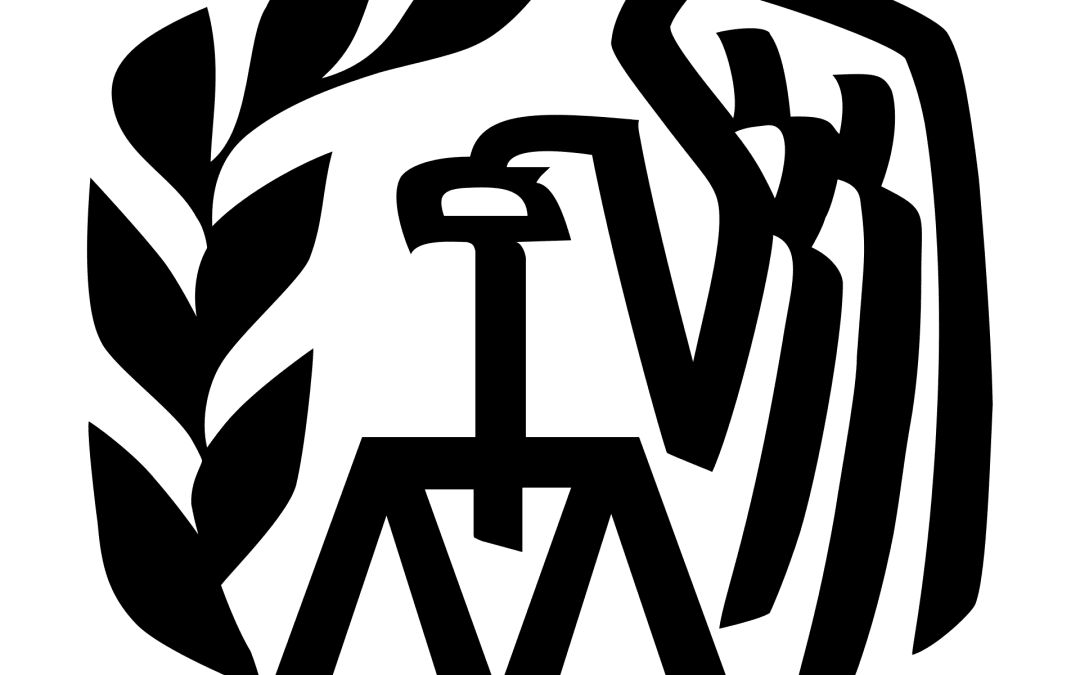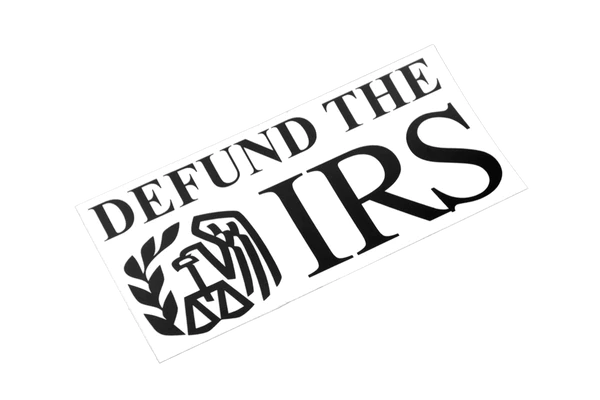Business Property Taxes
Business property taxes are a tax levied on the value of a business’s property or real estate holdings. While these taxes play a role in funding public services and infrastructure that benefit businesses and the community, they can also disproportionately impact lower-income people. When businesses are required to pay significant amounts in property taxes, they must find ways to pass on the costs to consumers through higher prices for goods and services.
This makes it more difficult for lower-income people, who may have less disposable income, to afford necessities. Additionally, business property taxes can impact the availability of jobs and services in low-income communities, exacerbating economic inequality and poverty.
What are Business Property Taxes?
Business property taxes are taxes that are levied on the value of property owned by businesses. This includes land, buildings, and other structures that are used for commercial purposes, such as offices, factories, and retail stores. The property’s value is typically assessed by a government agency, such as the county assessor’s office, and the tax is calculated as a percentage of the assessed value. States, counties, and municipalities also tax businesses on the value of non-real estate property used in business, property such as furniture, x-ray machines, printing presses, computer equipment, etc.
The purpose of Business Property Taxes is to generate revenue for state and local governments, which are responsible for providing public services and infrastructure that benefit businesses and the community. And the taxes are justified on that basis. These taxes are used to fund a wide range of services, including education, public safety, transportation, and health departments. Business Property Taxes are thought to help ensure that businesses pay a fair share of the costs associated with providing these services and maintaining the infrastructure they rely on.
How do Business Property Taxes Work?
Business property taxes are a type of tax that is levied on the value of a business’s property or real estate holdings. These taxes are assessed by local governments and are used to fund public services and infrastructure. Here’s how business property taxes work in the United States:
- Property Valuation
The first step in determining business property taxes is to assess the value of the business’s property or real estate holdings. This valuation is typically performed by a local government assessor who evaluates the property’s value based on several factors, including location, condition, and market trends. As in most taxation in the United States, though, assessors are dependent, to a great extent, upon voluntary taxpayer self-reporting. This dependence provides ample opportunity for cheating.
- Tax Rate
Once the property’s value has been assessed, the local government applies a tax rate to that value to determine the amount of property tax the business owes. The tax rate may be expressed as a percentage of the property value or as a dollar amount per $1,000 of assessed value.
- Payment Schedule
Business property taxes are typically paid annually, although the specific payment schedule may vary among jurisdictions. The local government usually sets the due date for payment of property taxes and may be based on the fiscal year or calendar year.
- Tax Assessment Appeals
If a business believes that the assessed value of its property is inaccurate or unfairly high, it may appeal the assessment through a process established by the local government. This may involve providing additional documentation or evidence to support their claim or engaging in a hearing or mediation process with the assessor’s office.
- Exemptions and Deductions
Some businesses may be eligible for exemptions or deductions from property taxes based on the nature of their operations or the use of their property. For example, businesses operating in certain industries or locations may be eligible for tax breaks or incentives designed to encourage economic development or investment. Or religious organizations are largely exempt even though they too depend upon the infrastructure supported by government.
History of Business Property Taxes
Business property taxes have a long history in the United States, dating back to colonial times. Here is a brief overview of the history of business property taxes in the United States:
- Colonial Times: In the early colonial period, local governments levied property taxes on all property types, including land, livestock, and household goods. These taxes were used to fund local government operations and were assessed based on the property’s estimated value.
- Post American Revolution: After the Revolutionary War, property taxes became an essential source of revenue for local governments in the newly formed United States. Property taxes were used to fund public services and infrastructure, such as roads, schools, and hospitals.
- Industrialization Era: In the late 19th and early 20th centuries, the United States underwent a period of rapid industrialization, and business property taxes became a significant source of revenue for local governments. As businesses grew and expanded, their property holdings increased, and local governments sought to capture a portion of this value through property taxes.
- Modern Era: Today, business property taxes remain an important source of revenue for local governments in the United States. The specific rules and regulations governing business property taxes vary by state and local jurisdiction. Still, generally, businesses are required to pay property taxes based on the assessed value of their property holdings.
Impact of Business Property Taxes
Business Property Taxes can significantly impact businesses, particularly small businesses that may have limited resources to cover the costs of these taxes. For example, small businesses may own property that is not generating significant revenue but may still be required to be assessed resulting in payment of significant amounts in Business Property Taxes. This can place a substantial financial burden on these businesses, making it more difficult for them to grow and succeed. Here are some of the key impacts of business property taxes:
- Revenue Generation
Business property taxes are a significant source of revenue for local governments in the United States. This revenue is used to fund public services and infrastructure.
- Financial Burden on Businesses
Property taxes can be a significant financial burden for businesses, particularly small businesses with limited resources to cover these costs. The amount of property tax owed by a business is based on the assessed value of their property, which can be affected by various factors, including location, condition, and market trends.
- Competitiveness
Business property taxes can impact the competitiveness of businesses. When businesses are required to pay significant amounts in property taxes, they may be less able to compete with larger businesses with more resources. This can make it more difficult for small businesses to survive and succeed in the marketplace.
- Compliance Costs
Businesses may also incur additional compliance costs associated with property taxes. For example, businesses may need to hire accountants or tax professionals to ensure they comply with the specific rules and regulations governing property taxes in their local jurisdiction. These additional costs can significantly burden businesses, particularly those with limited resources.
- Investment Decisions
Business property taxes can impact the investment decisions of businesses. When businesses are required to pay significant property taxes, they may have less money available to invest in their operations or hire new employees. This can limit the ability of businesses to expand their operations and create new job opportunities.
Business property taxes have a significant impact on businesses and the broader community in the United States. Policymakers and business owners should consider potential solutions and ensure the tax system is fair and equitable for all businesses.
Business Property Taxes can also impact the community as a whole. These taxes are used to fund public services and infrastructure that benefit businesses and individuals alike. For example, Business Property Taxes may fund the construction and maintenance of roads, bridges, and other infrastructure that businesses rely on to transport goods and services. These taxes may also be used to fund public schools, which help to educate the workforce upon which businesses depend.
Business Tax Disproportionate Impact on Lower-Middle-Income People
Business property taxes impact lower-income people disproportionately in several ways:
- Higher Prices
Businesses must, to survive, pass on the costs of property taxes to consumers through higher prices for goods and services. This can disproportionately impact lower-income people, who have less disposable income and are more sensitive to price increases. For example, suppose a grocery store in a low-income neighborhood is required to pay higher property taxes. In that case, they must increase the prices of their goods to cover the costs, making it more difficult for lower-income residents in the area to afford groceries.
- Reduced Availability of Goods and Services
When businesses are required to pay significant amounts in property taxes, they may have less money to invest in their operations or offer new products or services. This can limit the availability of goods and services in low-income neighborhoods or rural areas, where businesses may be less likely to operate due to lower profit margins. For example, suppose a community has a limited number of businesses that are subject to high property taxes. In that case, those businesses may be less likely to invest in new products or services that could benefit lower-income residents in the area.
- Job Losses
Business property taxes can impact the availability of jobs in low-income communities. When businesses are required to pay significant amounts in property taxes, they become more likely to lay off employees or to reduce their work hours to reduce costs. This can make it more difficult for lower-income people to find stable employment opportunities in their communities, further exacerbating economic inequality and poverty.
- Displacement
Business property taxes can also contribute to the displacement of lower-income people from their homes and neighborhoods. As property values increase due to higher taxes, landlords may choose to sell their properties or raise rents, making it more difficult for low-income renters to afford housing in their community. This can lead to gentrification and displacement of long-term residents, which can have negative social and economic impacts on the affected communities.
Overall, business property taxes can significantly impact lower-income people in the United States directly through higher prices and reduced access to goods and services and indirectly through job loss and displacement.
Business Property Tax Revenue
Business property taxes are levied by local governments in the United States, and the amount of revenue generated by these taxes varies significantly between jurisdictions. Therefore, no comprehensive data could be found on the total revenue generated by business property taxes across all local governments in the United States. But it surely runs into the billions.
Final Thoughts
Business property taxes can directly impact lower-income people in the United States through higher prices for goods and services and indirectly through reduced access to jobs and services. This can exacerbate economic inequality and make it more difficult for lower-income people to achieve financial stability and upward mobility. Additionally, business property taxes can contribute to the displacement of lower-income residents from their homes and neighborhoods, further exacerbating economic inequality and social dislocation.
Policymakers should consider potential solutions to address the impact of business property taxes on lower-income people, such as providing tax breaks or incentives for businesses operating in low-income communities, investing in small business development, and supporting affordable housing initiatives to ensure that low-income residents remain in their communities. By addressing the impact of business property taxes on lower-income people, policymakers can help create a more equitable and prosperous society for all Americans.
In his book, A Taxing Problem, The Psychologist’s Prescription for a Just Tax System, Dr. Mitch reveals the inherent inequity of this and other taxes based upon the assessed value of property. Smaller enterprises that must carry large amounts of debt to operate are required to pay the same amounts in property taxes as another enterprise, with the same business property and without debt. The net worth or wealth represented by each of these businesses is radically different, and yet they are required to pay the same amount in property taxes. That is why, he argues, that a just tax system, one that levels the playing field and does not favor the wealthy over the less wealthy, would tax only based upon net worth. His examination of the issue demonstrates that all government and its services could be financed with only a small 2% tax on net worth, without exemptions.


